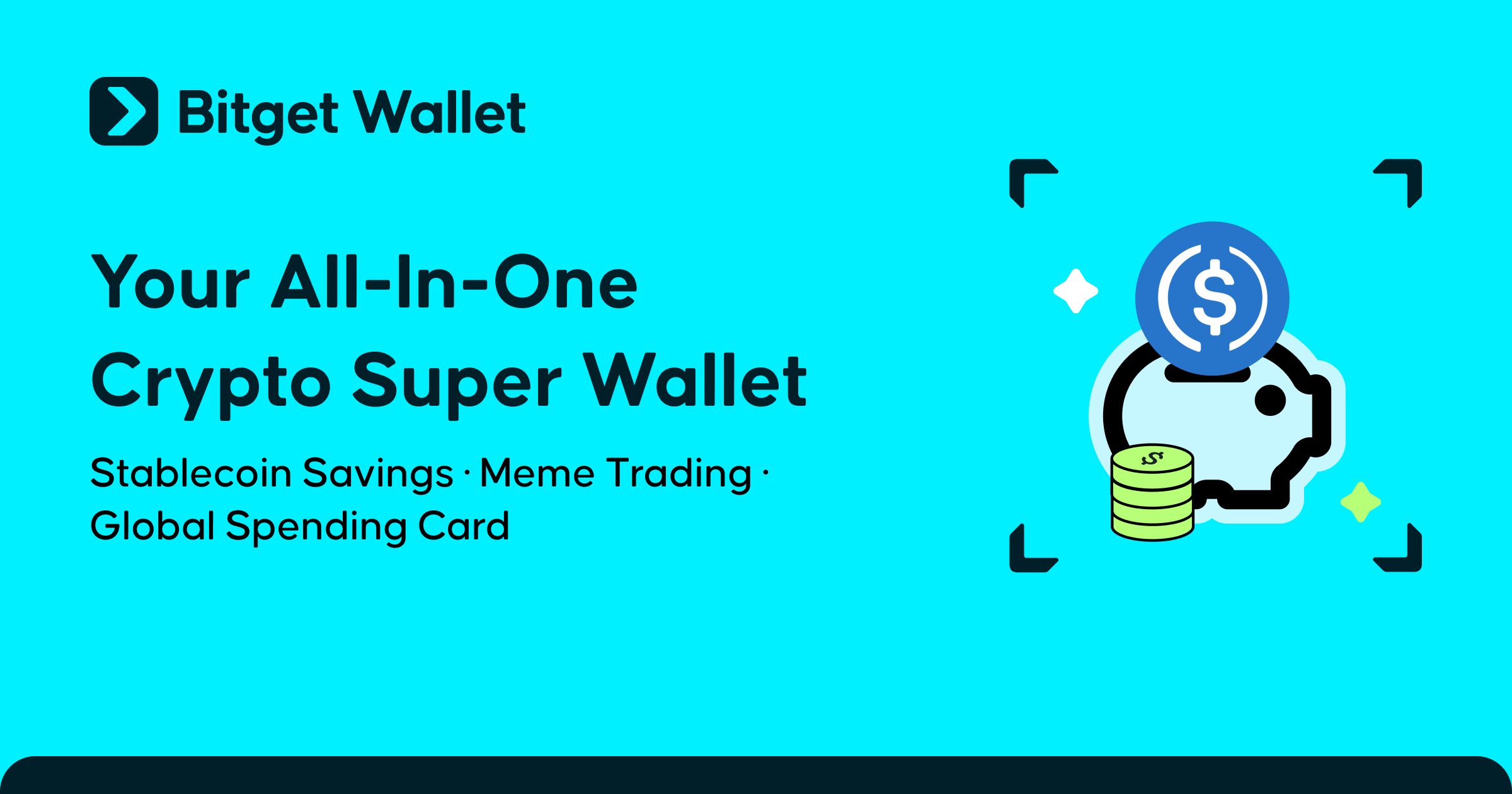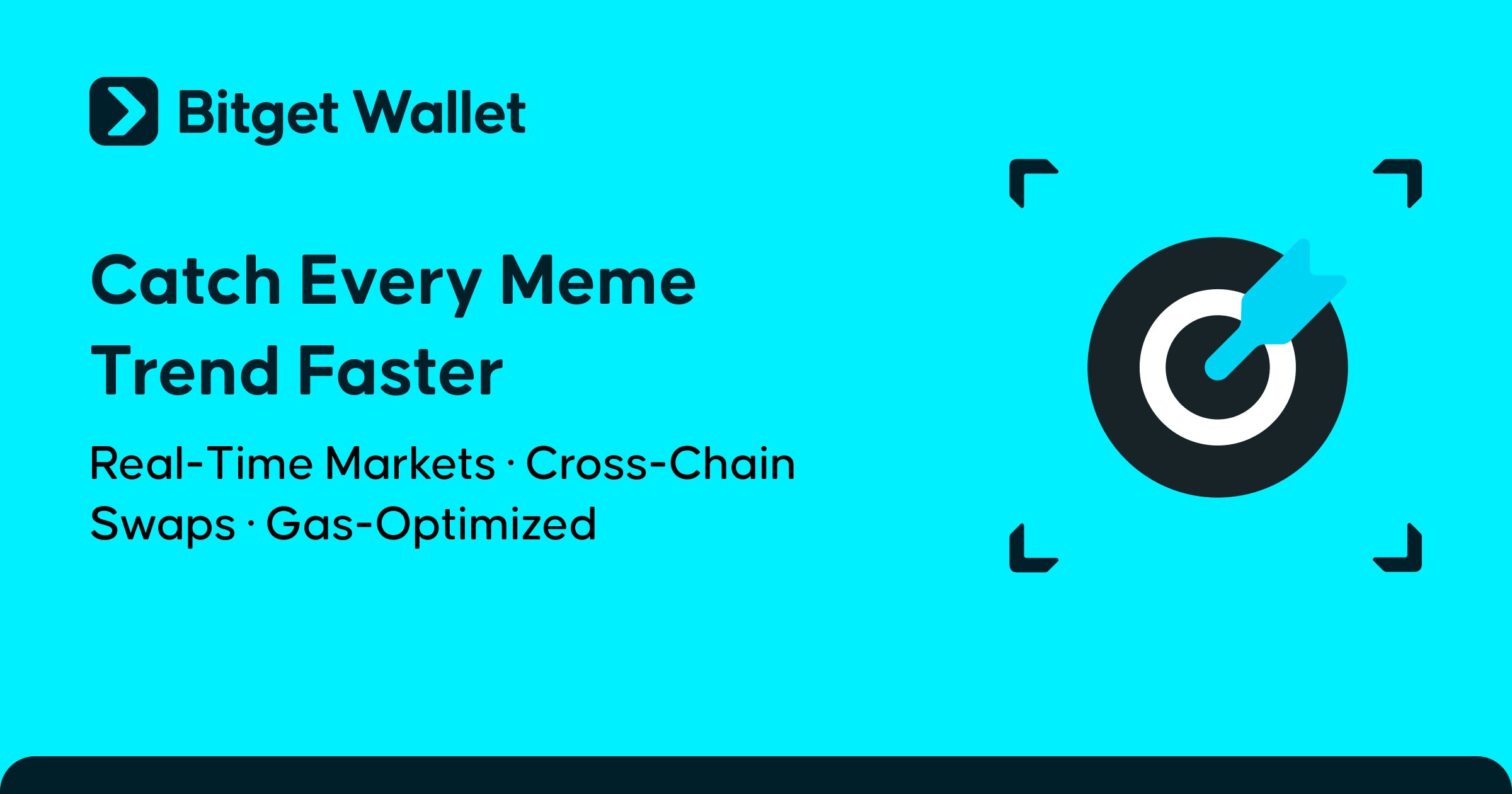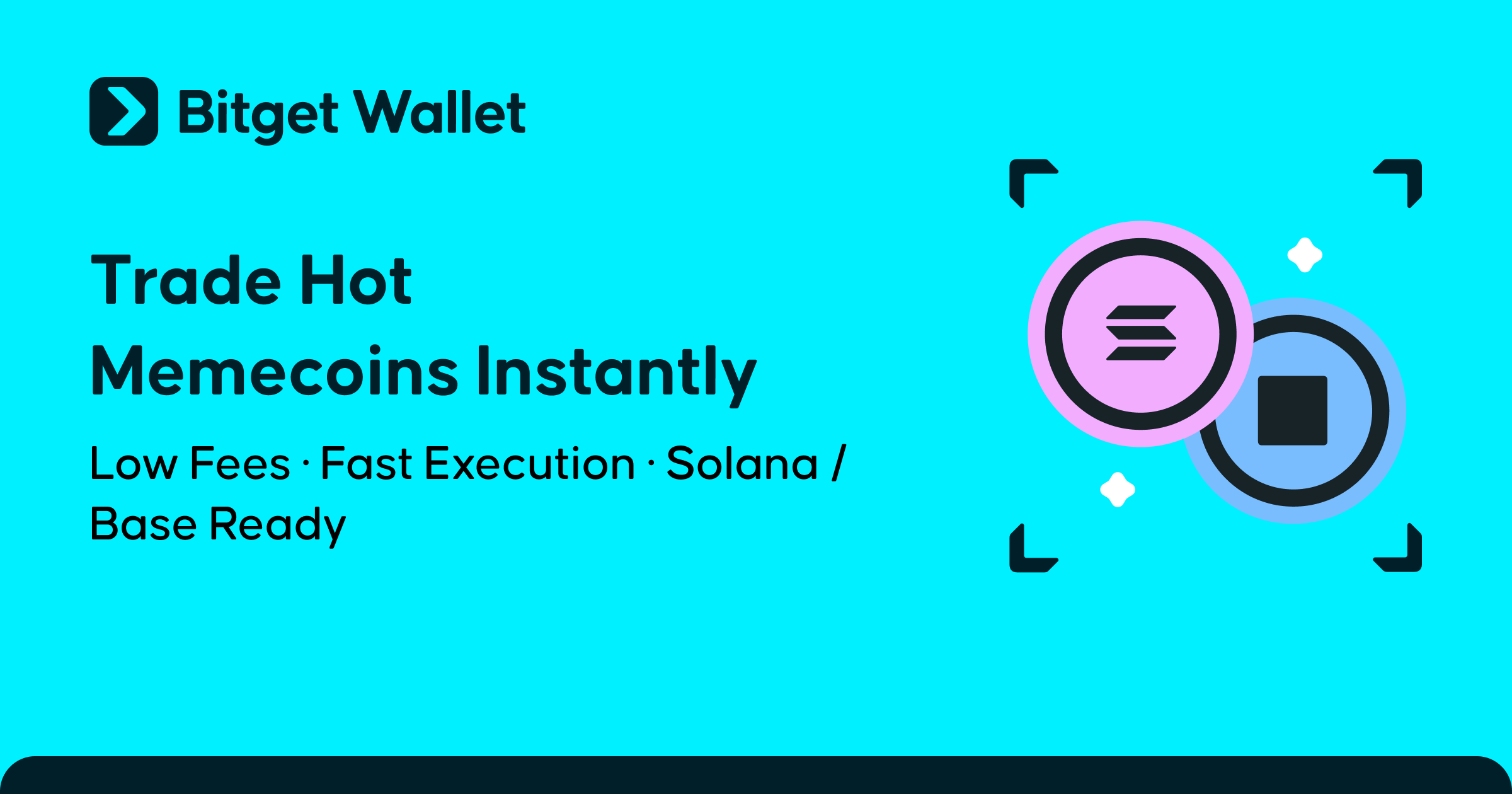Ethereum Pectra Upgrade Guide 2025: What It Is, Key EIPs, and Why It Matters?
Ethereum Pectra upgrade has been officially and successfully deployed, marking a significant milestone in Ethereum’s development journey — the most revolutionary leap since The Merge. Launched in May 2025, this upgrade introduces a powerful set of enhancements that make the network faster, more cost-efficient, and more user-friendly than ever before.
Amid the explosive growth of decentralized applications, institutional staking, and the Layer-2 ecosystem, Pectra arrives at the perfect time to address Ethereum’s biggest bottlenecks: scalability, usability, and validator efficiency.
In this comprehensive guide, we’ll explore what the Ethereum Pectra upgrade is, dive into groundbreaking proposals like EIP-7702, and understand how these changes are reshaping the experience for users, developers, and validators—empowering you to stay ahead and fully harness the technological potential of the Ethereum ecosystem.
What Is the Ethereum Pectra Upgrade?
A Major Milestone in Ethereum’s Evolution
Pectra represents a dual‑layer hard fork combining the Prague (execution layer) and Electra (consensus layer) upgrades into one seamless deployment on May 7, 2025 . It follows Ethereum’s roadmap from The Merge (transition to Proof‑of‑Stake) through Surge (data‑availability enhancements) and now Pectra, which cements improvements across transaction processing, staking flexibility, and Layer‑2 synergy.

Source: Ethereum on X
Why It Matters?
-
Scalability:
Increases blobspace and paves the way for rollup throughput to surge without congesting the base layer . -
User Experience:
Introduces Smart Accounts for batch transactions and gas sponsorship, lowering the barrier for new users . -
Staking Efficiency:
Raises per‑validator stake cap from 32 ETH to 2,048 ETH, enabling institutional‑grade validators with fewer nodes . -
Layer‑2 Synergy:
Incentivizes blob usage over calldata, reducing rollup costs and unlocking advanced data‑availability sampling .
This upgrade builds directly on Shanghai (ETH withdrawals) and Dencun (Layer‑2 optimizations), ensuring a smooth, continuous evolution rather than disruptive leaps .
Key EIPs: Top Features Introduced by Pectra
1. EIP-7702: Smart Accounts for Everyone
EIP‑7702 brings account abstraction to Ethereum by letting Externally Owned Accounts (EOAs) temporarily behave like smart-contract wallets. Key benefits:
-
Batch Transactions:
Sign once, execute multiple actions in a single bundle—ideal for DeFi strategies and NFT minting drops. -
Gas Sponsorship:
Third parties (dApps or relayers) can pay gas on behalf of users, enabling “gasless” experiences. -
Social Recovery:
Designate trusted contacts for account recovery without seed phrases, improving UX for mainstream adoption .

2. EIP-7251: Enterprise‑Grade Staking
EIP‑7251 raises the maximum effective balance per validator from 32 ETH to 2,048 ETH. This unlocks:
-
Capital Efficiency:
Institutional players can stake large positions on fewer nodes, reducing hardware and operational overhead. -
Simplified Operations:
Less fragmentation of stake across validators, lowering monitoring complexity and costs .
3. EIP-7002 & EIP-6110: Streamlined Validator Control
-
EIP‑7002:
Enables execution‑layer initiated exits, so validators can programmatically withdraw without manual consensus‑layer steps. -
EIP‑6110:
Moves deposit handling on‑chain, cutting validator activation time from ~12 hours to ~13 minutes, accelerating network security scaling .
Together, they offer programmable staking flows for liquid staking protocols and dynamic validator strategies.
4. EIP-7691 & EIP-7523: L2 Efficiency Boost
-
EIP‑7691:
Doubles blobspace per block, encouraging rollups to shift from calldata to blobs for cheaper data availability. -
EIP‑7523:
Clears empty accounts and restricts unnecessary contract creation, reducing state bloat and future upgrade friction .
Rollup users can expect significant cost savings, as blobs are priced lower than calldata, boosting Layer‑2 adoption.
5. Bonus EIPs: Developer and Security Upgrades
-
EIP‑2537 (BLS Precompile):
Adds built‑in BLS12‑381 operations for faster signature aggregation, cutting gas costs on threshold cryptography . -
EIP‑2935 (Historical Hashes):
Stores past block hashes in epoch-specific slots, enabling stateless clients and lighter node operation. -
EIP‑7594 (PeerDAS):
Introduces peer-to-peer data availability sampling, strengthening L2 security without central sequencers.
These improvements lay the scalability and security foundation for future phases like Verkle trees and beyond.
How the Pectra Upgrade Impacts You?

Source: Ethereum on X
The Ethereum Pectra Upgrade isn’t just a protocol-level overhaul—it’s a real-world usability leap that will change how you interact with Ethereum, whether you're a casual user, a smart contract developer, or an institutional validator. Here's how this landmark upgrade will affect your experience in 2025 and beyond:
For Users: Web3 That Feels Like Web2
-
Cheaper Onboarding:
Pectra removes the ETH pre-funding barrier. With gas sponsorship and token-based fee payments, users can start using dApps instantly—even without holding ETH. -
Smoother UX:
Smart Accounts bring Web2-like features: batch transactions, session keys, and social recovery. Wallets become easier, safer, and more intuitive to use.
For Developers: Building Just Got Better
-
Simplified Integration:
EIP‑7702 and MetaMask’s smart account tools make it easier to create advanced flows like gasless dApps and automatic wallet recovery. -
New Use Cases:
With batch ops and gas abstraction, developers can now build scalable games, mobile dApps, and micropayment platforms with lower gas overhead.
For Institutions and Validators: Scaling Staking Efficiency
-
Capital Efficiency;
EIP‑7251 raises the validator cap from 32 to 2,048 ETH. This reduces node count, slashes infrastructure costs, and streamlines operations. -
Dynamic Strategies:
Execution-layer exits and deposits allow smart, real-time staking adjustments. Validators gain full control to optimize yield and risk exposure.
Ethereum Price Prediction 2025: Will the Pectra Upgrade Affect ETH Price?

Source: Ethereum on X
Mixed Sentiment in Derivatives vs. Spot
As the Pectra upgrade approaches, Ethereum's price action reflects a split between short-term traders and long-term investors.
On the derivatives side, bearish sentiment is on the rise—open interest jumped 4% to $10.2B in just 24 hours, while ETH price dropped to $1,770. A declining Buy/Sell ratio (now at 0.866) confirms that more traders are betting on a further price dip.
In contrast, the spot market tells a different story. Over 63,000 ETH were pulled from exchanges in one day—a classic signal of accumulation. Adding to the bullish outlook, Ethereum ETFs in the U.S. have attracted over $2.1B in fresh capital recently, pointing to growing institutional confidence ahead of the upgrade.
Supply and Demand Forces
Pectra isn’t just a software update—it reshapes Ethereum’s economics. With EIP-7251, institutions can now stake up to 2,048 ETH per validator. This means fewer nodes, lower costs, and more ETH locked away, reducing the liquid supply.
Meanwhile, improvements from EIP-4844—especially the doubling of blobspace—make Layer 2s more efficient and affordable. As transaction activity grows, more ETH gets burned via EIP-1559’s base fee mechanism, putting further deflationary pressure on supply. Similar upgrades in the past—like the Merge and Dencun—have helped support ETH prices over time.
How to Prepare for the Ethereum Pectra Upgrade?

Source: Ethereum on X
The Pectra upgrade introduces major changes to wallets, staking architecture, and developer tooling—so preparing in advance can help you unlock its full benefits from day one.
Wallet Compatibility and Access
The most visible change for users comes with EIP-7702, which powers Smart Accounts—enabling features like gasless transactions, token-based fee payments, and account recovery. To take advantage of this, choose a wallet that's already Smart‑Account‑ready.
-
Bitget Wallet is an early adopter, offering full integration with gasless SDKs and support for smart accounts. That makes it ideal for users who want a seamless, Pectra-native experience.
-
Other wallets may require updates or plugin support, so check compatibility before the upgrade goes live.
Staking Strategy Tips
With Pectra increasing the validator limit from 32 ETH to 2,048 ETH, stakers of all sizes will need to rethink their strategy.
-
Solo stakers might consider joining staking pools to collectively benefit from higher validator limits without the need to operate additional hardware.
-
Institutions can consolidate multiple validators into fewer, higher-capacity ones—reducing infrastructure costs and simplifying management of withdrawal credentials.
-
For those prioritizing liquidity, liquid staking protocols (like Lido or Rocket Pool) that support Pectra-compatible exits offer more flexible staking positions with easier unbonding options.
Why Bitget Wallet Is Ready for Pectra?

As Ethereum moves toward the Pectra upgrade, Bitget Wallet stands ready with smart account support, gasless transactions, and institutional staking tools.
Seamless Smart Account Support and Lower Gas Options
Bitget Wallet is fully prepared for EIP-7702, enabling smart account compatibility as soon as Pectra goes live. This allows users to interact with dApps using account abstraction features like batch transactions, social recovery, and paying gas fees with ERC-20 tokens like USDT.
Thanks to its gasless transaction SDK, Bitget Wallet eliminates the need to pre-fund ETH for transactions—making onboarding smoother, especially for new users exploring Web3 for the first time.
Safe and Efficient Staking via Bitget Wallet
Bitget Wallet offers a secure and flexible staking experience, supporting both solo stakers and institutions. Through its integration with staking infrastructure providers like Kiln, users can stake assets like ETH, SOL, ATOM, and PYTH with just a few taps.
Institutional users benefit from a professional-grade staking interface, enabling them to consolidate positions under the new 2,048 ETH validator cap, reduce hardware needs, and streamline key management.
Multi-Chain, DeFi-Friendly, and Built for Ethereum's Future
Bitget Wallet supports over 130 blockchains, including leading Ethereum Layer-2 networks like Linea and MegaETH, giving users access to faster and cheaper transactions without leaving the Ethereum ecosystem.
It also enables cross-chain swaps, manages over 1,000,000 tokens, and provides deep DeFi integration—making it a one-stop wallet for users preparing for the next wave of Ethereum growth after Pectra.
Conclusion: Embrace the Ethereum Future with Bitget Wallet
Pectra isn’t just another upgrade—it’s a game-changer that propels Ethereum into the era of mainstream Web3 adoption. With major advancements in scalability, security, and user experience, Pectra unlocks a new generation of decentralized apps that are easier to use, more powerful, and ready for the masses. From gasless smart wallets and social recovery to institutional-grade staking, the future of Ethereum is within reach.
To fully embrace that future, Bitget Wallet is your key. Built to support Pectra from day one, Bitget Wallet offers seamless Smart Account integration, token-based gas payments, and enterprise-ready staking tools—all in one sleek app. Whether you're a new user, a dApp builder, or an institution, Bitget Wallet empowers you to enter the next phase of Ethereum with confidence.
Download Bitget Wallet now and unlock smarter accounts, lower fees, and smoother staking—everything you need, in one tap.
Download Bitget Wallet
FAQs
What is the Ethereum Pectra upgrade?
The Ethereum Pectra upgrade is a combination of two upgrades: Prague (execution layer) and Electra (consensus layer). It introduces multiple enhancements in transaction performance, staking, and Layer-2 compatibility, marking the biggest leap forward since The Merge.
How does Pectra affect Ethereum users?
Users will enjoy cheaper and smoother transactions thanks to Smart Accounts, gas fee payments with tokens, and social account recovery. You can also use wallets like Bitget Wallet to enjoy a Web3 experience as seamless as Web2.
What is EIP-7702 and why is it important?
EIP-7702 enables regular accounts to function like smart wallets, paving the way for gasless transactions, batch processing, and easy account recovery. This is a key step toward making Ethereum more accessible to mainstream users.
Risk Disclosure
Please be aware that cryptocurrency trading involves high market risk. Bitget Wallet is not responsible for any trading losses incurred. Always perform your own research and trade responsibly.
- FIFA World Cup Odds 2026: How to Bet on the World Cup 2026 Winner2026-03-03 | 5mins
- Fabric Airdrop Guide: How to Participate and Claim $ROBO Rewards2026-03-03 | 5mins
- Can I Buy World Cup Ticket with Cryptocurrencies?2026-03-02 | 5mins



















